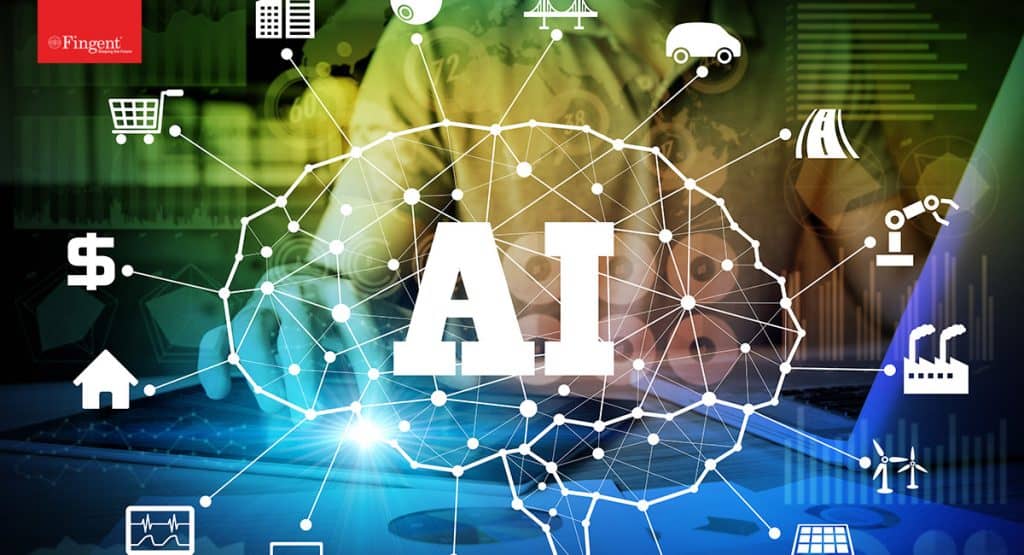Artificial Intelligence : For advance future
Artificial intelligence (AI) is a rapidly growing field of computer science that deals with the creation of intelligent machines that can perform tasks that typically require human intelligence. The field of AI is interdisciplinary, drawing on knowledge and techniques from computer science, mathematics, psychology, neuroscience, and other fields. The ultimate goal of AI is to create machines that can think, reason, and learn like humans, and that can improve themselves over time.
There are several subfields of AI, including machine learning, natural language processing, robotics, computer vision, and expert systems. Machine learning is the most popular subfield, and it involves training machines to learn from data. Natural language processing involves teaching machines to understand and generate human language, while robotics focuses on creating machines that can physically interact with the world. Computer vision is concerned with teaching machines to interpret visual data, and expert systems are designed to emulate the decision-making abilities of human experts in specific domains.
AI has many potential applications, including in medicine, finance, transportation, manufacturing, and entertainment. In medicine, AI can be used to analyze medical images, diagnose diseases, and develop personalized treatment plans. In finance, AI can be used to analyze financial data, detect fraud, and optimize investment portfolios. In transportation, AI can be used to develop autonomous vehicles and optimize traffic flow. In manufacturing, AI can be used to improve efficiency and quality control. In entertainment, AI can be used to create personalized content recommendations and improve user experiences.
Despite its many potential benefits, AI also raises many concerns. One of the biggest concerns is the potential for AI to replace human workers. As machines become more intelligent and capable, they may be able to perform tasks that were previously done by humans. This could lead to widespread unemployment and economic disruption. Another concern is the potential for AI to be used for malicious purposes, such as cyberattacks or surveillance. There are also concerns about bias and fairness in AI, as machines can learn to replicate and even amplify existing social and cultural biases.
To address these concerns, it is important for researchers and policymakers to work together to develop ethical guidelines and regulations for the development and deployment of AI. This includes ensuring that AI is developed in a transparent and accountable manner, that it is designed to prioritize human values and interests, and that it is subject to oversight and regulation. It also includes ensuring that the benefits of AI are distributed fairly and equitably, and that society is prepared to address the potential economic and social impacts of AI.
In conclusion, AI is a rapidly evolving field that has the potential to transform many aspects of our lives. While it offers many potential benefits, it also raises many concerns that must be addressed through careful and thoughtful research, policy development, and public engagement. As we continue to develop and deploy AI, it is important to ensure that it is used in ways that are ethical, transparent, and beneficial to society as a whole. Another important consideration in the development of AI is privacy. As AI algorithms become more sophisticated, they are able to collect and analyze vast amounts of data about individuals. This data can be used to make predictions about people's behavior, preferences, and even health outcomes. While this can be beneficial for personalized services and healthcare, it also raises concerns about data privacy and security. It is important for researchers and policymakers to develop regulations and standards that protect individuals' privacy and ensure that their personal data is used in an ethical and transparent manner. One promising approach to addressing some of the concerns associated with AI is the concept of "explainable AI." Explainable AI refers to the ability of machines to provide clear and understandable explanations for their decisions and actions. This can help to increase transparency and accountability in AI systems, and can also help to address concerns about bias and fairness. Explainable AI is still an active area of research, but it holds great promise for improving the ethical and social impact of AI.
In order to realize the full potential of AI, it is important to continue investing in research and development in this field. This includes developing new algorithms and techniques for machine learning, natural language processing, computer vision, and other subfields of AI. It also includes investing in the development of new hardware and infrastructure to support the growing demands of AI applications.
In addition to technical research, it is also important to invest in the social and ethical dimensions of AI. This includes training and educating the next generation of AI researchers and practitioners, as well as engaging with the public and policymakers to ensure that the benefits and risks of AI are understood and addressed in a responsible and ethical manner.
In conclusion, AI is a rapidly evolving field with many potential benefits and risks. As we continue to develop and deploy AI, it is important to address concerns related to bias, privacy, accountability, and social impact. By working together to develop ethical guidelines, regulations, and standards for AI, we can ensure that this technology is used in ways that benefit society as a whole.







Social Plugin